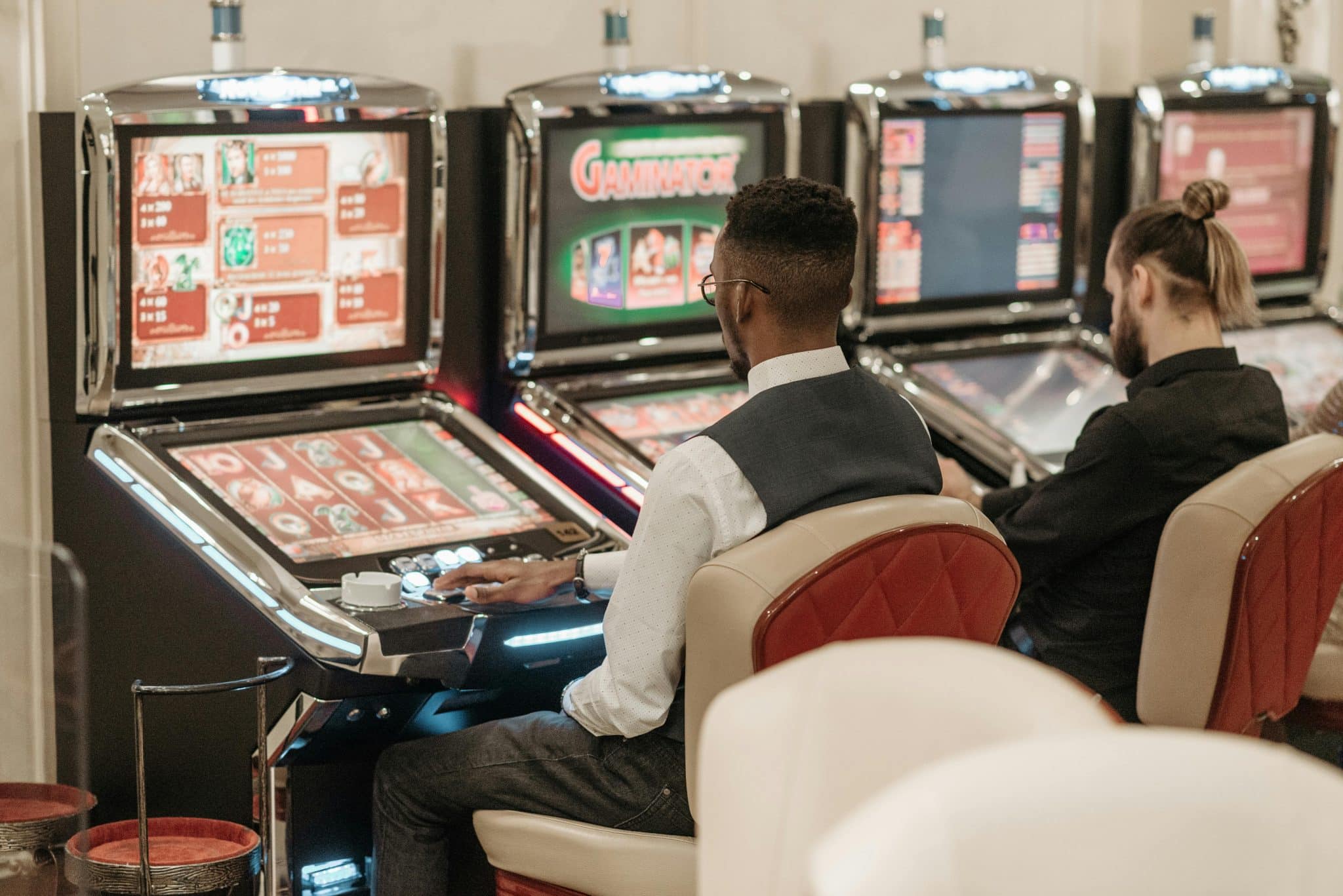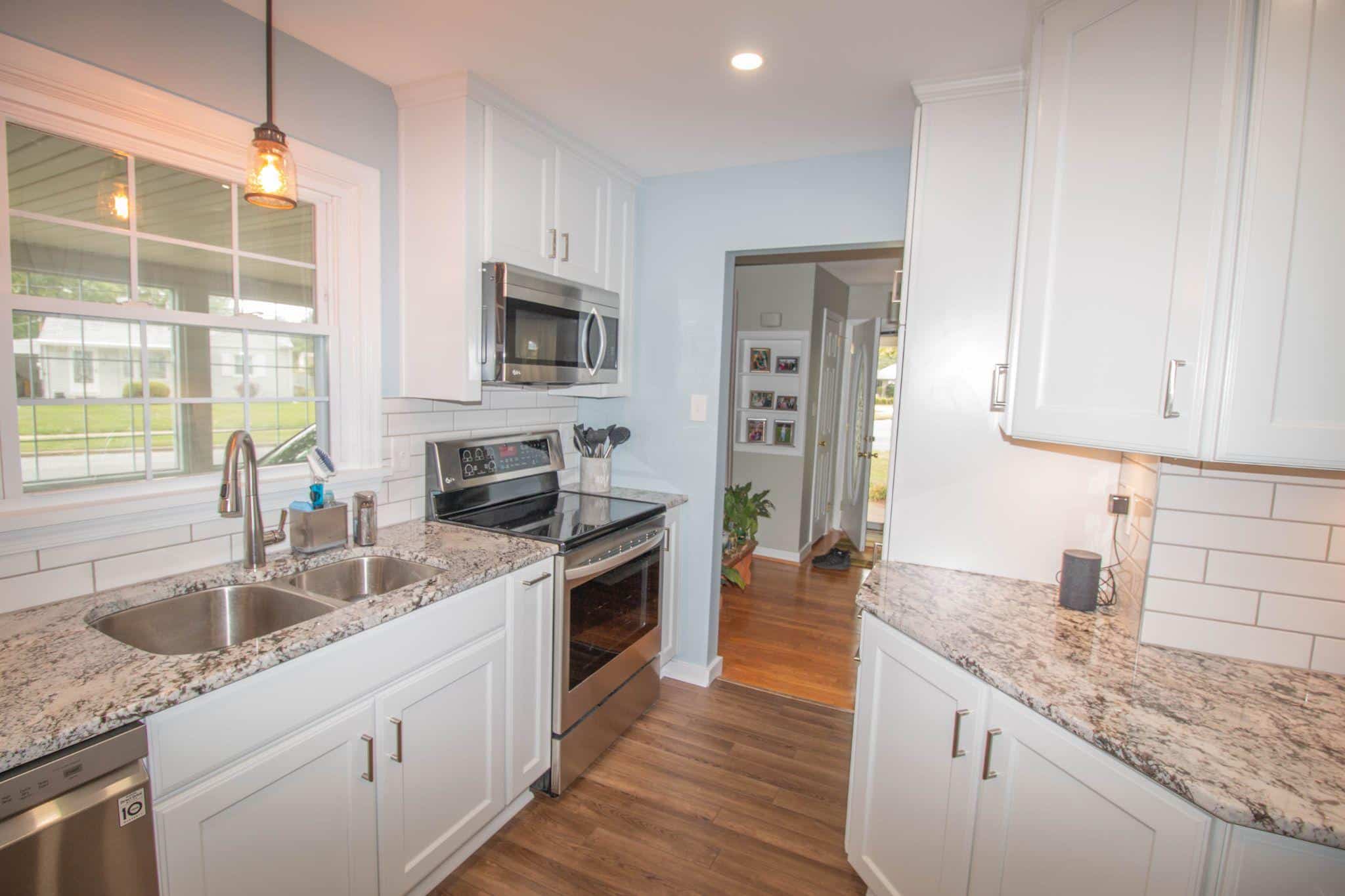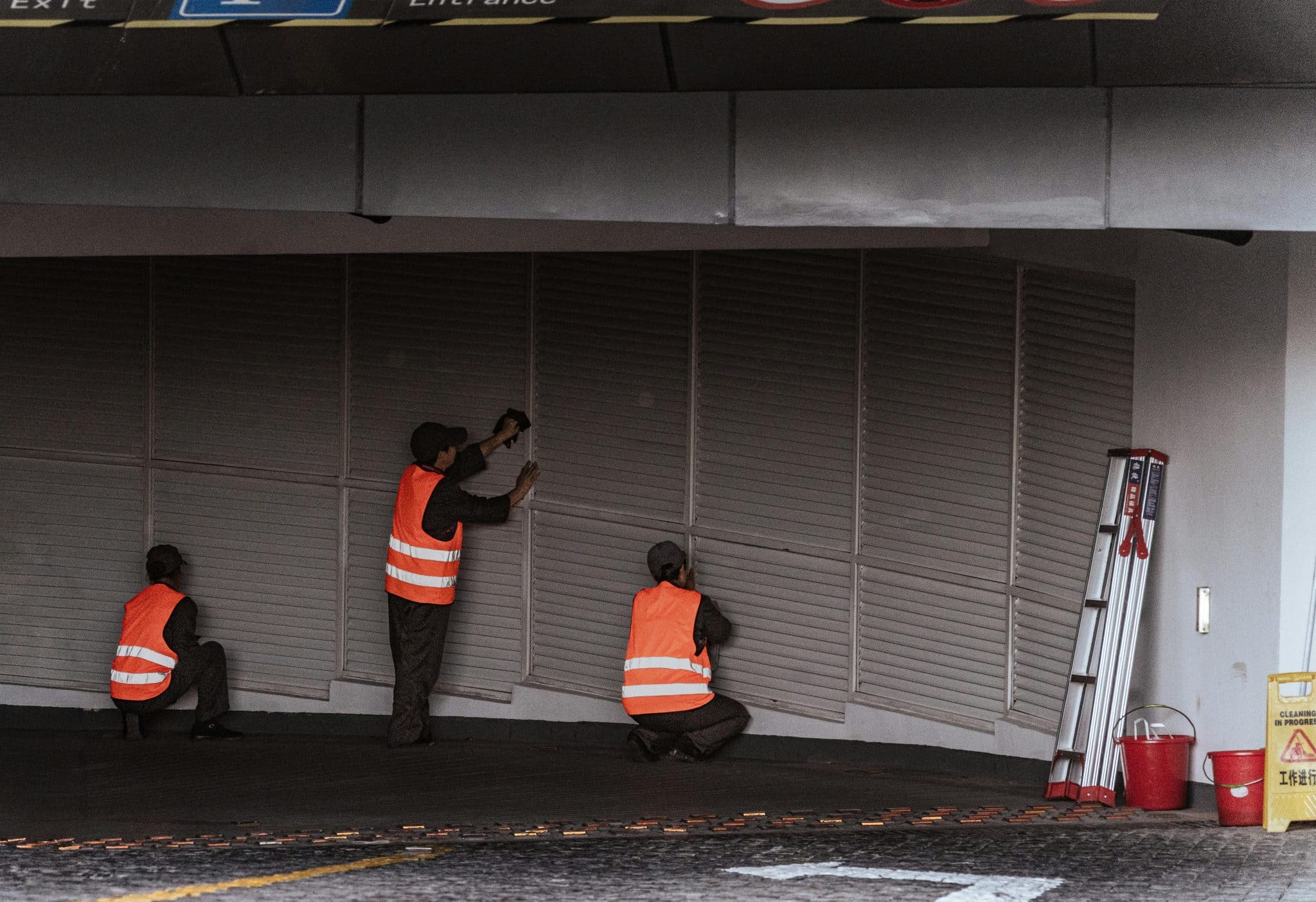What if one simple habit was quietly disturbing the body’s natural sleep rhythm each night? As screens stay lit well into the evening, blue light exposure has become a silent intruder, interfering with the brain’s ability to wind down. Understanding the impact of blue light at night isn’t just about comfort. It ties directly into how the body prepares for rest, regenerates energy, and maintains long-term health.
The Evening Light Dilemma
Evening hours are designed for recovery, making them an ideal time to benefit from Blue Light Blocking Products. During this time, the brain begins to release melatonin, the hormone responsible for sleep readiness.
However, exposure to blue light from smartphones, laptops, televisions, and LED bulbs can interfere with this process. Blue light mimics daylight, making the brain believe it is still daytime. This delays melatonin release, disrupts circadian rhythms, and makes falling asleep more difficult.
As a result, many face shorter sleep durations and lower sleep quality. Over time, this can affect mood, immune function, and cognitive performance. The link between evening screen use and restless nights continues to grow stronger in medical literature, emphasizing the need for more awareness.
Why Blue Free Light is Best at Night
Blue light plays a positive role during daylight hours. It boosts alertness, supports memory, and improves mood. In contrast, evening exposure is disruptive. That’s what makes proper timing so important. Blocking blue light in the evening allows melatonin levels to rise naturally and prepares the body for sleep without interference.
Even dim indoor lighting can emit enough blue light to suppress melatonin. Using warmer-toned lights, dimmers, or protective eyewear can reduce this effect. Protective tools designed to filter out specific wavelengths have become an effective way to shield the eyes from harmful exposure after sunset. When used consistently, these tools help promote a natural transition to nighttime rest.
Sleep Quality and Long-Term Health
Poor sleep isn’t just a short-term problem. It can lead to lasting effects on overall health. Chronic sleep disruption has been linked to obesity, high blood pressure, and weakened immunity. Mental clarity also takes a hit, with reduced focus and increased stress being common symptoms.
Restorative sleep is essential for memory consolidation, cell repair, and emotional regulation. Blocking blue light before bed is a low-effort yet high-impact step toward protecting these processes. It supports deeper sleep, smoother mornings, and improved overall well-being.
Evening Solutions That Align With Natural Sleep Cycles
Several solutions help reduce blue light exposure in the evening, such as screen filters, color-adjusting software, and lighting that emits no blue light. These tools minimize visual signals that keep the brain alert after dark. For those seeking change, small adjustments can make a big difference. Choosing better light sources or tweaking evening lighting habits supports the body’s natural rhythm.
Tools That Support Melatonin Protection
One approach growing in popularity involves the use of light control tools tailored to block the wavelengths that suppress melatonin. These solutions include sleep-friendly lighting and optical filters. They help protect sleep quality and create a calming atmosphere as nighttime approaches. This change supports natural sleep cycles without disrupting nightly routines.
Evening light exposure has a greater impact than most realize. While blue light brings focus and clarity during the day, it becomes an obstacle at night. Creating a screen-smart routine and incorporating Blue Light Blocking Products in the evening can bring meaningful improvements to sleep and overall health. As sleep becomes a higher priority in everyday life, managing light exposure is essential.








